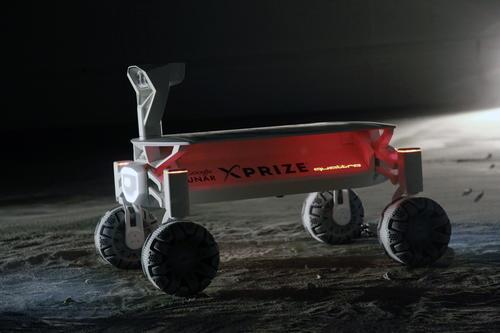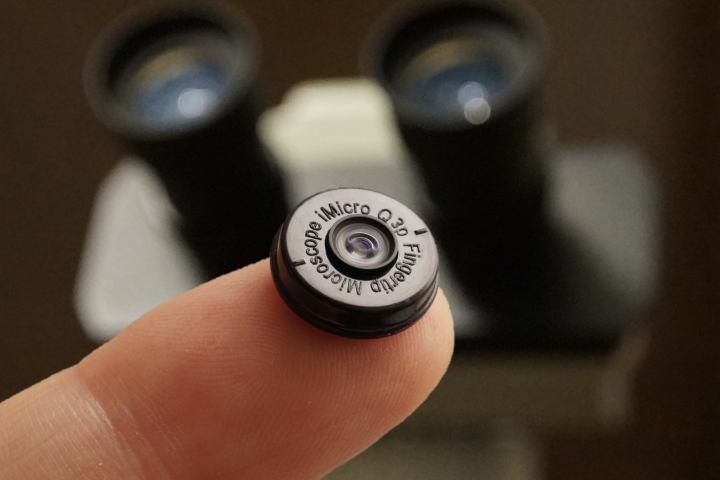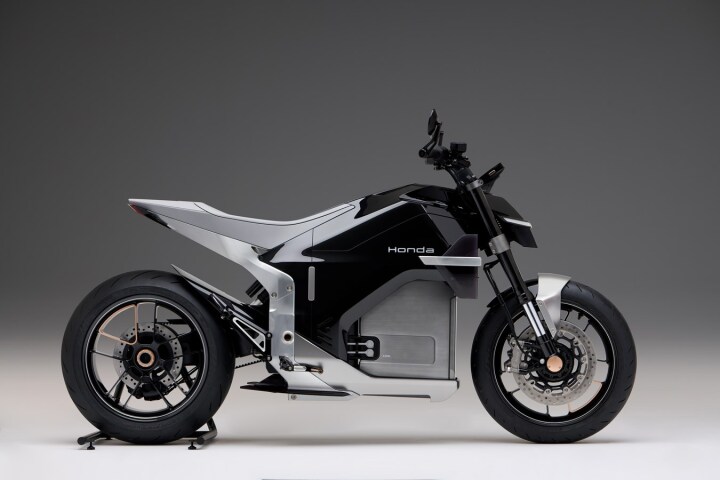Could the first private lunar rover be an Audi? The car maker has announced a partnership with one of the teams competing for the Google-sponsored Lunar XPrize – the Part-Time Scientists. Audi will provide technical expertise in building an unmanned rover that aims to set down in the vicinity of the Apollo 17 landing site in 2017.
Now in its final rounds with 16 teams from Brazil, Canada, Chile, Hungary, Japan, Israel, Italy, Malaysia, and the United States, the Google Lunar XPrize is a US$30 million competition that aims to encourage new space technology by setting private groups with the task of building, launching, and landing a robotic lunar rover on the surface of the Moon by December of 2017. The rover must then travel 500 m (1,640 ft) while taking high definition images.
The mostly Austrian and German engineers of Part-Time Scientists are developing a lightweight aluminum rover that has already been awarded two Milestone prizes by the XPrize jury.
The rover is propelled by hub-mounted electric motors powered by lithium-ion batteries charged by solar panels. This rover, which has been tested in the Austrian Alps and Tenerife, has a predicted maximum speed of 3.6 km/h (2.2 mph) even on the rugged surface of the Moon. There is also a head on the front of the rover with stereoscopic cameras and a scientific camera.

Audis's part in the project will be to supply technical knowhow though its Audi Concept Design Studio, including the application of its quattro all-wheel drive technology and its experience in lightweight construction, electric mobility, and piloted driving. The company says it will also help in testing, trials, and quality assurance.
The rover, now named the "Audi lunar quattro," is scheduled to launch sometime in 2017 and is aimed at a landing zone north of the lunar equator somewhere near 1972 Apollo 17 mission landing site, through the law prevents the rover from actually visiting it because it's a protected area.
“The concept of a privately financed mission to the moon is fascinating,” says Luca de Meo, Audi Board Member for Sales and Marketing. “And innovative ideas need supporters that promote them. We want to send a signal with our involvement with the Part‑Time Scientists and also motivate other partners to contribute their know‑how.”
Source: Audi







